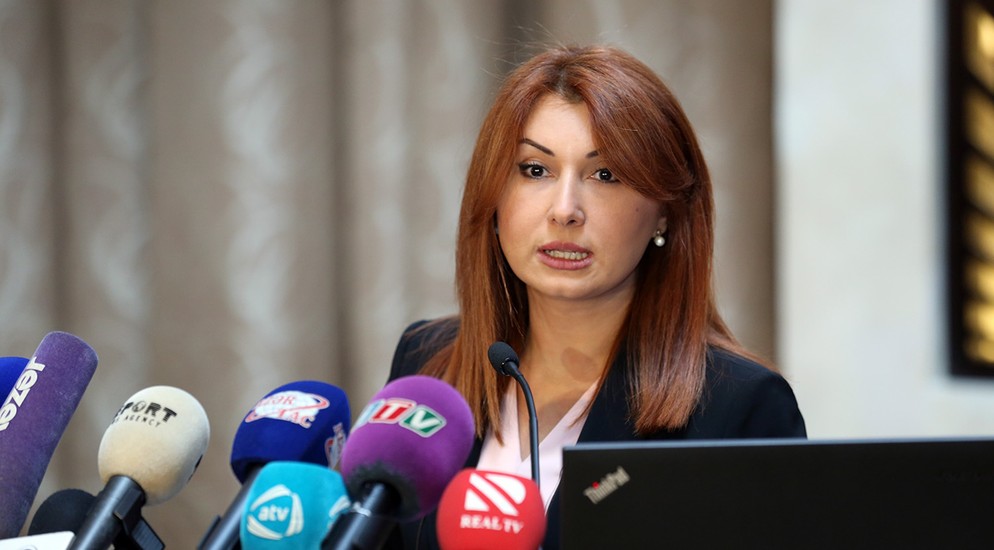The statement came from the head of the organization Shafag Huseynli, Offsideplus.az reports. He also briefed on the results of the implementation of the four-year Sustainable Strategic Plan adopted after the establishment of AMADA in December 2016.
He said that AMADA, a public legal entity established in Azerbaijan as an independent national anti-doping organization, performs the function of combating doping of public importance. AMADA, whose main mission is to implement anti-doping programs in the country, has a staff of 26 and a sample collection team of 31 under a civil contract.
It was noted that AMADA was based on the UN Sustainable Development Goals in developing its Sustainable Strategic Plan, which reflects its four-year activities and goals. This was approved by the UN General Assembly in 2015 and is reflected in the "Transformation of our world: Agenda for Sustainable Development until 2030", which is supported by all countries. The agenda sets 17 global goals for a better and more sustainable future by 2030. Taking into account this global challenge, AMADA has identified five areas in its sustainable strategic plan that reflect 11 of those 17 goals.
The basis of the fight against doping is social values such as health, honesty and equality. At the same time, there are rights, education, gender equality, security, justice, welfare and other global ethical values. While developing its sustainable strategic plan, AMADA has taken these principles into account, adding to it the values of innovation and social responsibility. It is safe to say that during its four years of operation, AMADA has remained committed to all these global values and principles and has successfully achieved its goal.
AMADA, the country's national anti-doping organization and a signatory to the World Anti-Doping Code, implements the fight against doping in Azerbaijan in a transparent manner in accordance with the code and international standards. The main activities of the organization include testing, education, research, science and processing of results. At the same time, committed to the principle of social responsibility, AMADA concentrates its activities in five main areas:
- Health and safety: Health is the basis of correct and comprehensive rules and measures in the organization of the fight against doping;
- Education and prevention: Education is one of the most powerful tools for sustainable development, as well as one of the main tools in the fight against doping;
- Integrity and human rights: Human rights create conditions for sustainable development. Adherence to principles such as diversity, equal opportunity, gender balance, non-discrimination is important for all areas of activity;
- Innovations and growth: AMADA has ISO 9001: 2015 standard, which operates in accordance with the World Anti-Doping Code. It is based on transparency and accountability, including employee participation, diversity, digitalization, innovation, collaboration and global partnership;
- Environmental Commitment: AMADA's sensitive approach to environmental protection includes recycling, energy and water use reduction, waste management, energy efficiency and the use of renewable energy.
AMADA has built its activities in these areas for four years, and the results obtained have laid a good foundation for future activities.
AMADA's strategy for the next decade is based on a steadily growing competitive economy, a dynamic, inclusive and social justice-based society, a competitive human capital and a space for modern innovation, free from occupation, stemming from Azerbaijan 2030: National Priorities for Socio-Economic Development. Great return to the occupied territories and a clean environment and a country of "green growth". These National Priorities are also of particular importance for the implementation of the UN's commitments under the Transformation of Our World: Agenda for Sustainable Development 2030.
AMADA has begun to develop a new ten-year Sustainable Strategic Plan, guided by the National Priorities approved by the President. The plan will be based on four years of positive experience, high sustainability standards and new development commitments.






